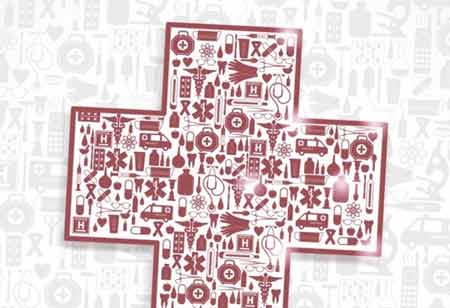Thank you for Subscribing to Healthcare Business Review Weekly Brief
Be first to read the latest tech news, Industry Leader's Insights, and CIO interviews of medium and large enterprises exclusively from Healthcare Business Review
Thank you for Subscribing to Healthcare Business Review Weekly Brief

By
Healthcare Business Review | Tuesday, November 30, 2021
Stay ahead of the industry with exclusive feature stories on the top companies, expert insights and the latest news delivered straight to your inbox. Subscribe today.
Fremont, CA: Infection prevention is essential to various local, national, and worldwide healthcare goals. It covers initiatives to decrease the danger of antibiotic resistance and achieve the United Nations' Sustainable Development Goals.
Infection prevention is a crucial component of antimicrobial stewardship (AMS) programs, and nurses and midwives play an essential role in this. A frequent misconception is that AMS is exclusively concerned with the prescription of antibiotics; nevertheless, work on infection prevention and control is a crucial AMS area that plays an essential role in safeguarding our patients and fellow healthcare workers.
The proper collection, labeling, and preservation of specimens are critical since the quality of the specimen has consequences for any microbiological diagnosis that may get recorded and the subsequent prescription of antimicrobials such as antibiotics. Thus, it directly impacts the quality of findings and prescribing antimicrobial medicines, particularly antibiotics.
Incorrectly handled specimens might result in improper or unneeded medications, making a patient exposed to diseases such as Clostridium difficile and increasing the likelihood of resistance.
Asepsis is a method that attempts to avoid or reduce the entrance of microorganisms into a susceptible bodily location during surgery or other invasive operations such as the placement of urinary catheters or intravascular devices.



